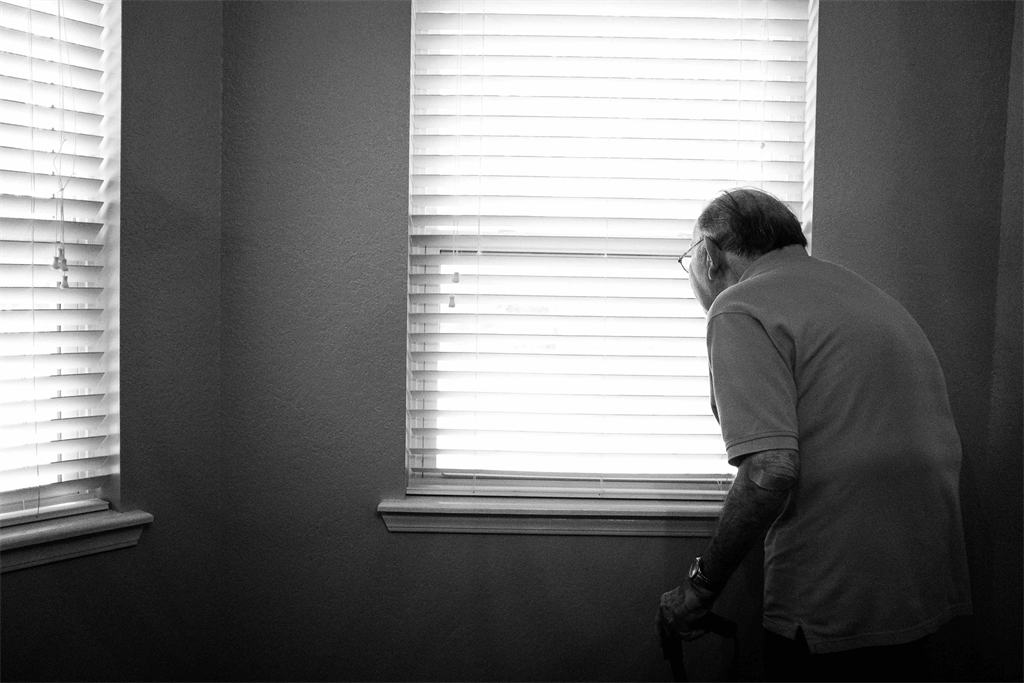Nursing Home Abuse in Washington
Posted Friday, January 4, 2019 by Chris Thayer
 Elderly patients in nursing homes are abused at an alarming rate. Some estimate that up to four million elderly patients in the United States are victims of professional malpractice every year. Unfortunately, approximately two million of these elderly patients are still under the care of their abusers in nursing homes all across the country. Nursing home abuse cases are far too common and result in personal injury. There are both federal and state laws that protect the elderly from abuse, neglect, and mistreatment at the hands of those who are supposed to be caring for them at a nursing home facility.
Elderly patients in nursing homes are abused at an alarming rate. Some estimate that up to four million elderly patients in the United States are victims of professional malpractice every year. Unfortunately, approximately two million of these elderly patients are still under the care of their abusers in nursing homes all across the country. Nursing home abuse cases are far too common and result in personal injury. There are both federal and state laws that protect the elderly from abuse, neglect, and mistreatment at the hands of those who are supposed to be caring for them at a nursing home facility.
The Health Insurance Portability and Accountability Act of 1996, more commonly known as HIPAA, is a federal statute that protects patients from malpractice. Regardless of whether the elderly resident themselves give informed consent, or a guardian family member gives consent, the patient is entitled to receiving adequate care from a nursing home, assisted living community, or another similar facility. Similarly, Washington also has state level laws that govern the resident’s right to a standard of care.
*The Standard of Care*Nursing homes are required to abide by, at a minimum, a reasonable standard of care. The Nursing Home Reform Act of 1987 established a federal standard of care for those who operate nursing homes. Simply maintaining the minimum requirements required by the state of Washington is not enough. Nursing homes are required to maintain medical malpractice insurance, including provisions for the administration of medicines and pharmaceuticals that are part of a resident’s care plan.
*Common Signs of Abuse*Nursing home abuse and neglect do not have to be obvious to the naked eye. Abuse and neglect can be physical, psychological, or emotional abuse. Psychological and emotional abuse are just as important to catch as physical abuse, but can be difficult to see because it might not have any physical evidence. The following are common signs an elderly patient is being abused:
- Physical marks or bruises on the body
- Bed sores – indicating that the patient is not being moved often enough
- Changes in mood or behavior
- Changes in appetite
- Dramatic weight loss
The above is not an all-inclusive list of signs of abuse or neglect. You know your loved one better than anyone and can discern the slightest mood changes. If you suspect a patient is a victim of nursing home abuse or neglect, speak up. Report your suspicions, talk to the caregivers, and ask your loved one questions.
Washington courts will award damages for personal injury claims based on nursing home negligence or abuse. The personal injury attorneys at Pivotal Law Group are here to help you. Placing the well-being of your loved one into the hands of a nursing home facility is a difficult decision. It is devastating when the facility that is meant to care for your loved one fails to provide the proper care. Contact us today to find out if you might have a personal injury claim for nursing home abuse and neglect.
(image courtesy of Alex Boyd)
